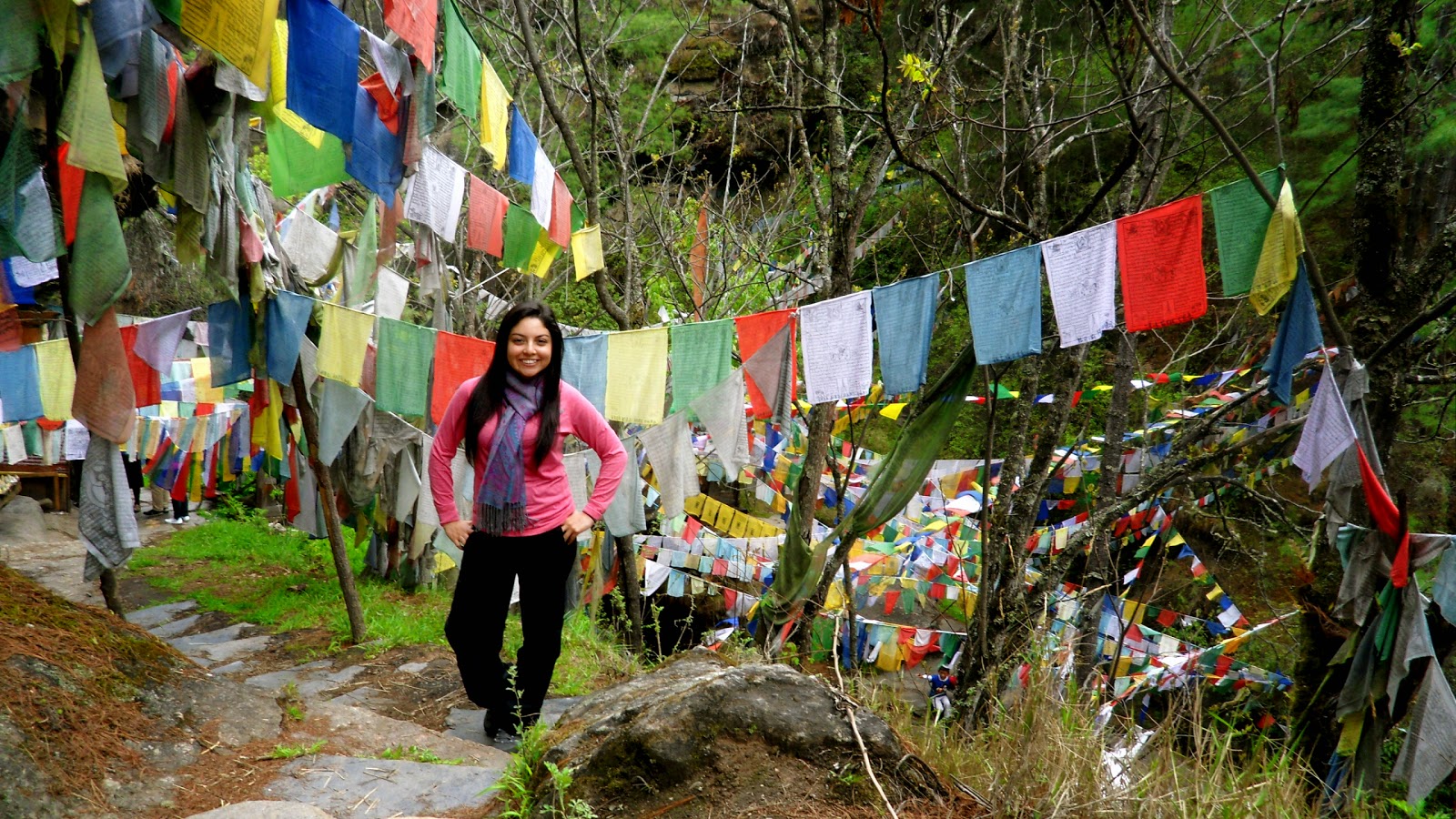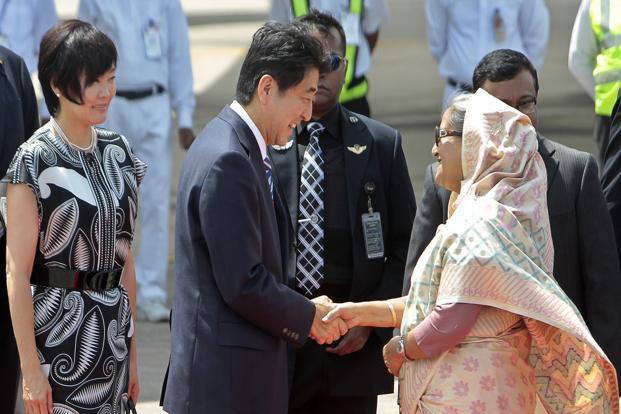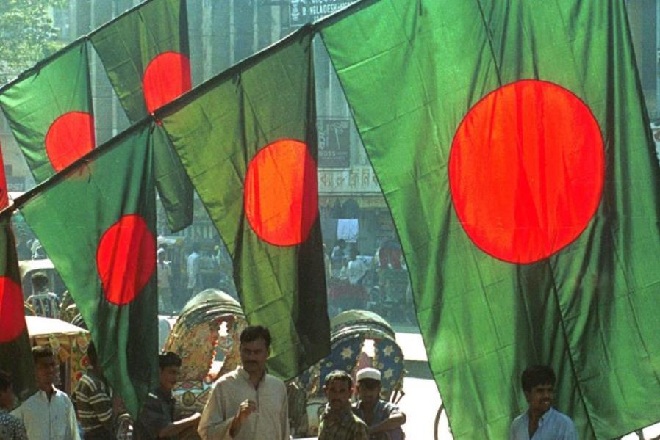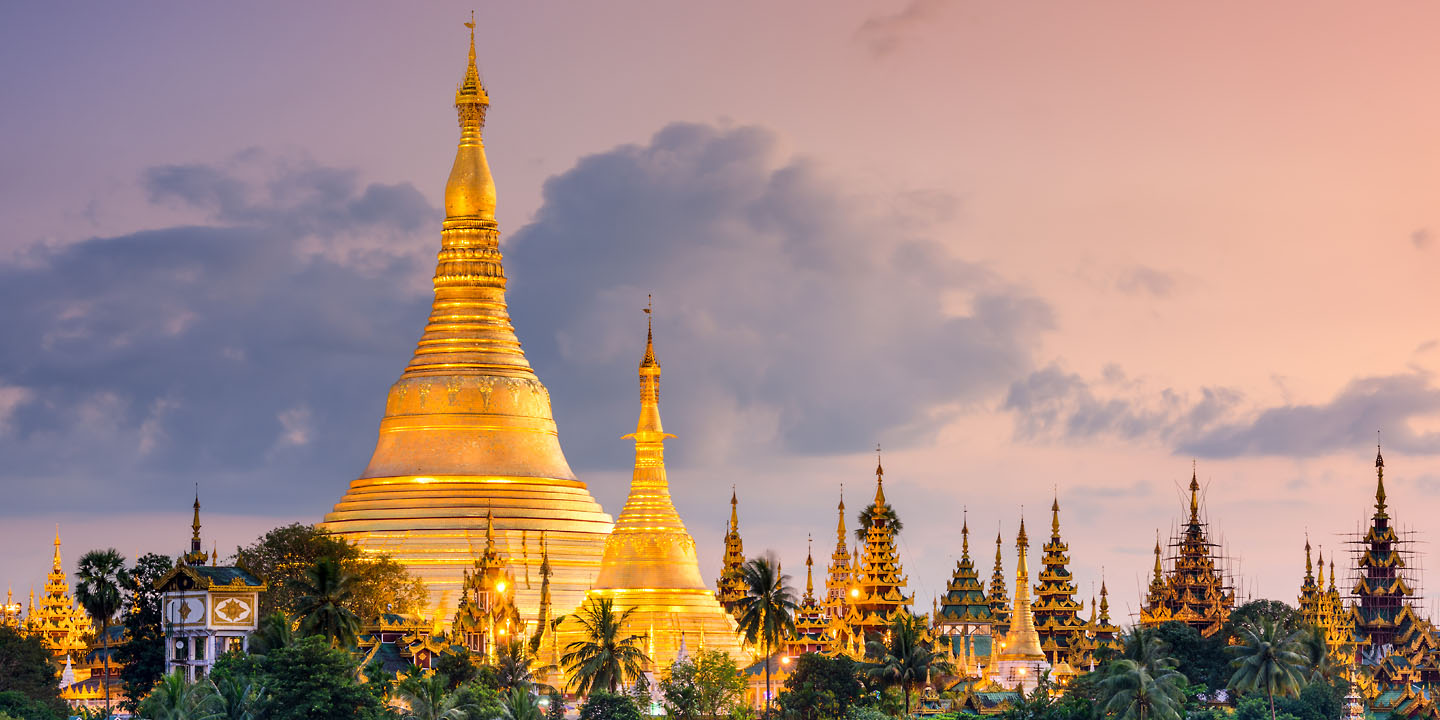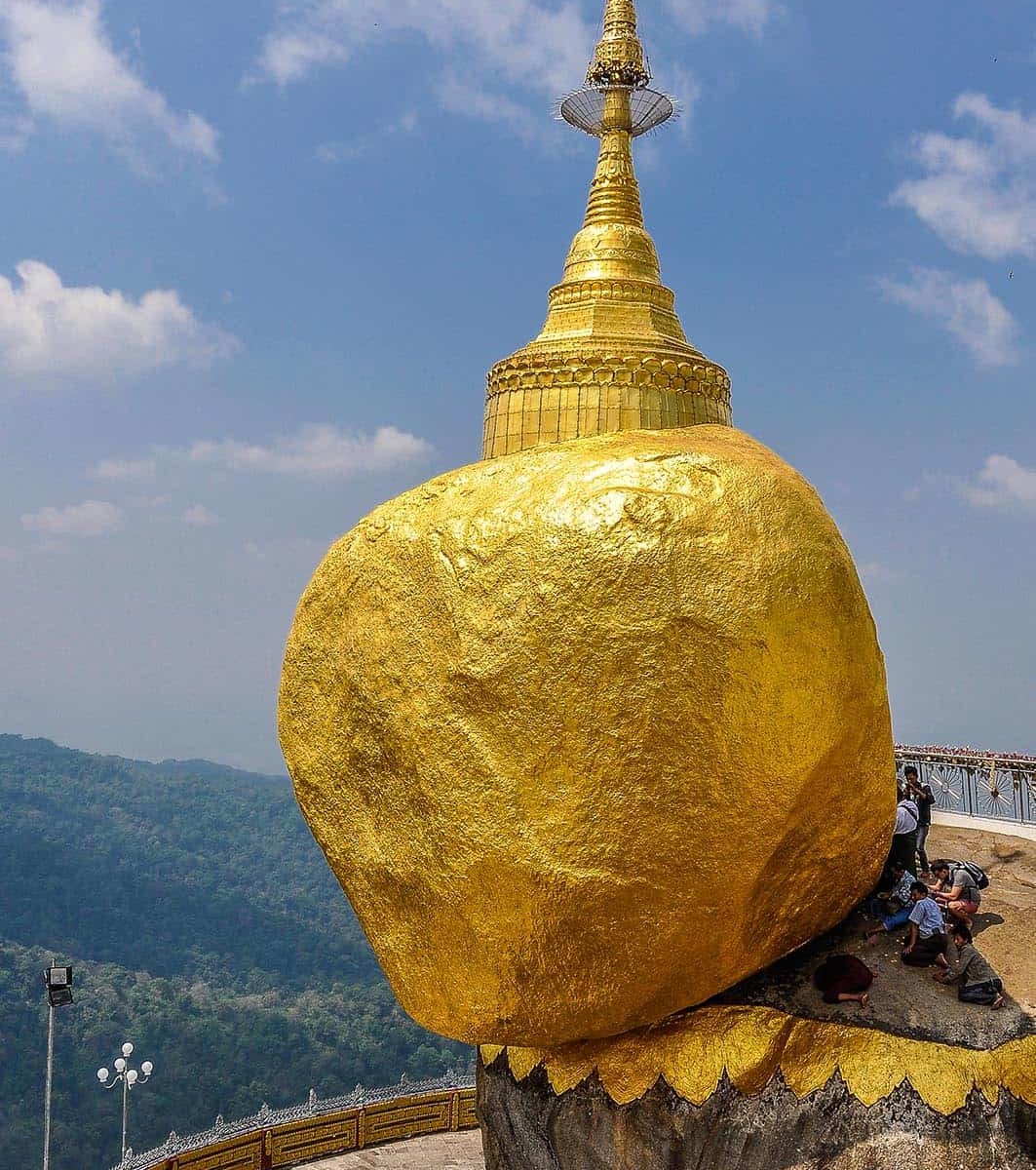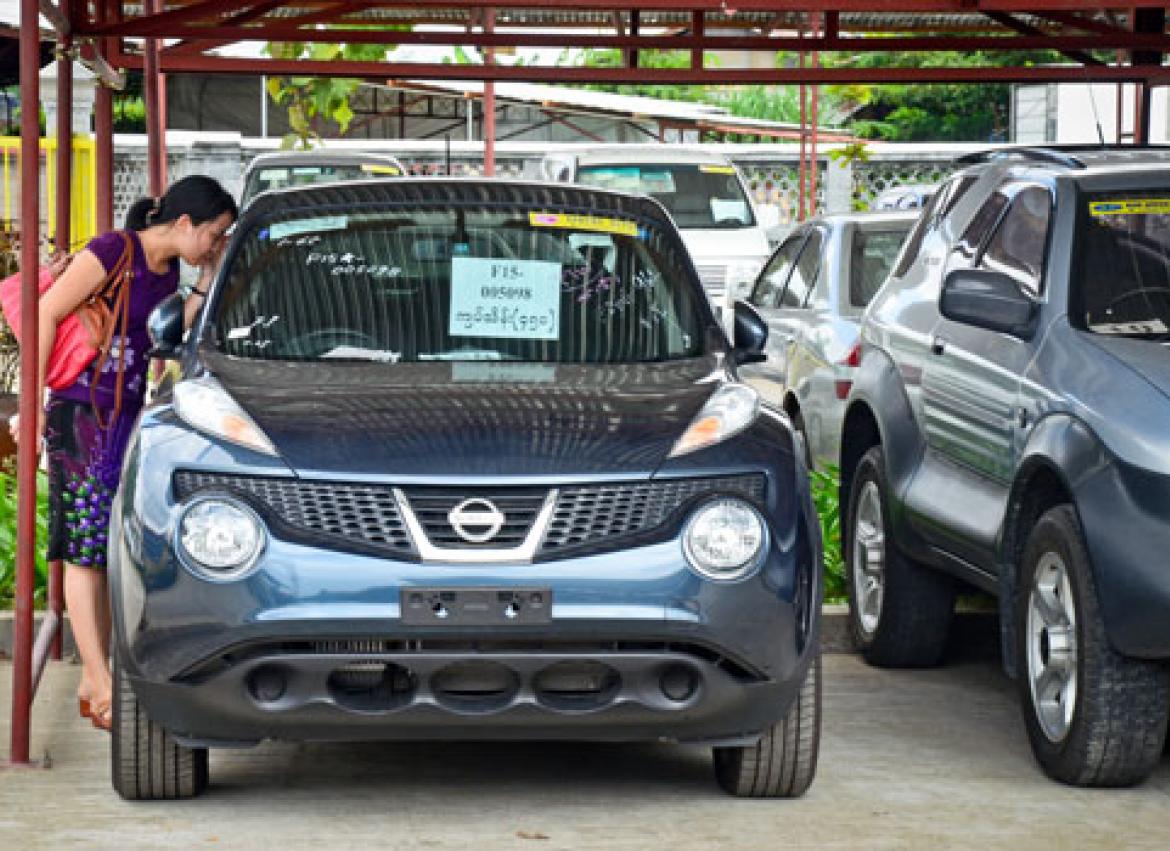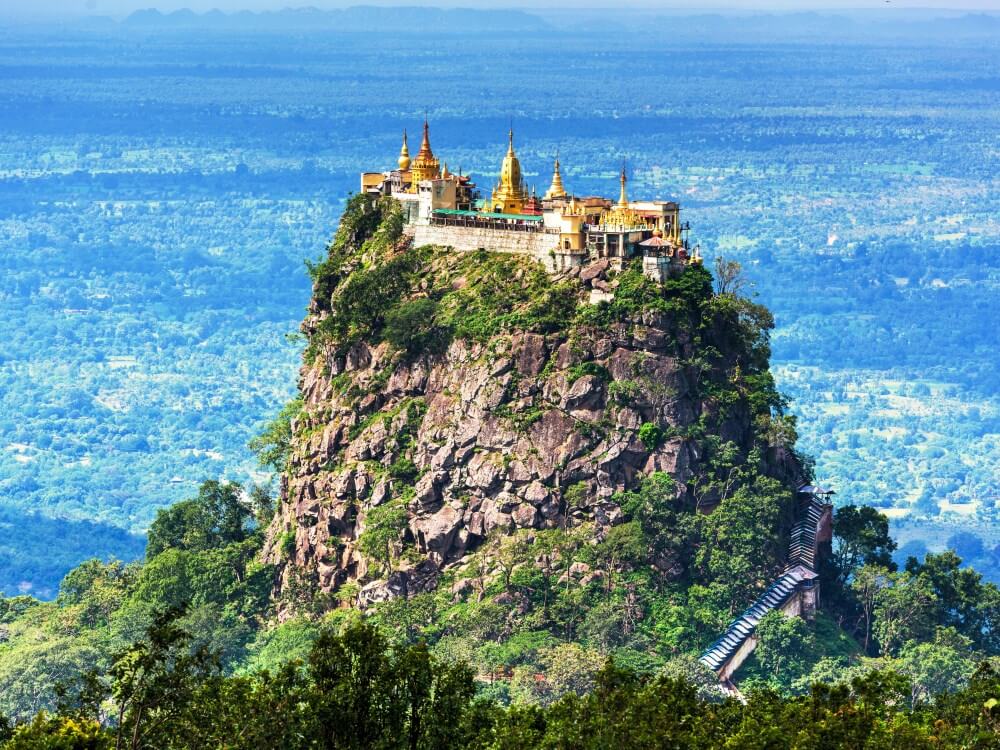A Bhutanese businessman is the victim of a false flag assault in Charlotte by an African-American man who made the attack on the man’s store appear to be the work of white supremacists.
North Carolina police arrested on Sunday the man allegedly seen on a surveillance video setting fire to the store on Thursday and leaving a note threatening to torture immigrants and refugees and signing it “White America”, The Charlotte Observer newspaper reported.
The Central Market, described as Nepali-Indian establishment that sells South Asian food and gifts, is owned by Kamal Dhimel, a refugee from Bhutan.
On Thursday night, the store’s front door was set on fire, a glass pane on the door was smashed with a stone and the note signed “White America” and warning that refugees and immigrant business owners would face torture “if they did not leave and go back to where they came from” was left there, according to police quoted by the newspaper.
Investigators said a video surveillance of the incident showed a “black male suspect”, the Observer reported.
African-American man Curtis Flournoy, 32, has been arrested and charged with ethnic intimidation, sending threatening letters, burning a business building and using incendiary material, according to the newspaper.
Charlotte City Council member Dimple Ajmera told the Observer that she was frustrated to see the hate crime take place.
“I’ll continue to work around the clock to make sure that all businesses and all the residences feel safe,” she added.
Last month, Harnish Patel, an Indian-American businessman in Lancaster in neighbouring South Carolina state, was shot dead outside his home. There have been no arrests in the case.
While attacks and threats against ethnic and religious minorities have always been a feature of America, activists and Democratic Party leaders have attributed recent incidents to President Donald Trump.
In some cases they have proved to be false flag attacks carried out by others and made to look like they were committed by white supremacists.
In the most notorious of those cases, a series of threats against Jewish institutions were sought to be linked by activists to the election of Trump, whose daughter is a convert to Judaism, and he was criticised for not acting on them.
However, an African-American man in the US and a Jewish man in Israel were arrested in connection with the threats.
In some places, including New York, false reports have been spread about raids on illegal immigrants to spook immigrant communities.
In February, an Indian-American woman, Ekta Desai, was harassed on a New York-New Jersey metro train by an African-American man who threatened her using foul language and said she should “get out of here”.
She uploaded the video of the harassment, but the Democratic New York city or state officials have not come forward to condemn it or take action against the man. US human rights organisations have not reacted to it either.
In February, in a case directly attributed to white racism, Indian engineer Srinivas Kuchsbhotla was shot dead and Alok Madsani was injured in Kansas, after they were mistaken for Middle Easterners or Iranians.
The alleged shooter, a white man, has been arrested and awaiting trial.
Last month, a Sikh in Kent, Washington State, was shot and injured by a man who shouted at him, “Go back to your country”. Authorities are still looking for the shooter.
In another case last month, an Indian woman Sasikala Narra, 38, and her six-year-old son, Anish, were stabbed to death in New Jersey. That case has not been solved either.
Source:http://www.bhutannewsnetwork.com/2017/04/african-american-attacks-bhutanese-business-pretending-to-be-white-supremacist/

